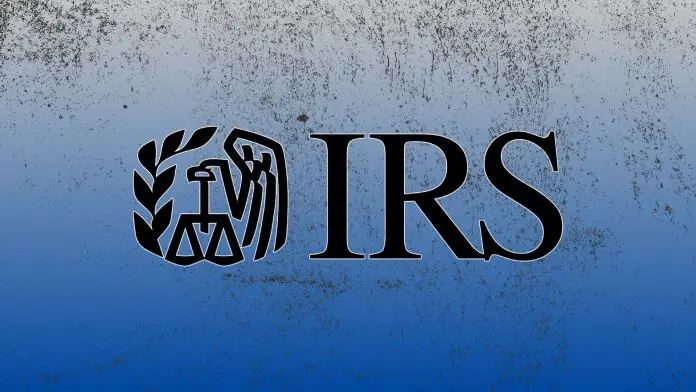In the wake of recent disasters, small businesses in designated areas can breathe a little easier knowing the IRS has extended deadlines for filing federal income tax returns and payments. As small business owners grapple with recovery efforts, this automatic extension serves as crucial financial relief.
The IRS has announced that taxpayers located in areas affected by 2024 disaster declarations are granted an automatic extension until May 1, 2025, to file their tax returns for the 2024 tax year. This includes businesses and individuals across several states, providing a valuable cushion during a challenging recovery period.
Key Takeaways
-
Extended Deadlines: The May 1, 2025, deadline applies to taxpayers in Alabama, Florida, Georgia, North Carolina, South Carolina, and parts of Alaska, New Mexico, Tennessee, and Virginia, among others.
-
No Requests Required: Eligible taxpayers automatically receive the extension without needing to file a request, easing the burden of paperwork during recovery.
- Extras Available: For those needing additional time beyond May 1, a separate extension can be requested, extending the filing deadline to October 15, 2025.
According to the IRS, the automatic extension applies to various tax returns and payments, including individual income tax returns, partnership returns, and corporate income tax returns originally due in mid-April. “If a taxpayer’s address of record is in a disaster area locality, individual and business taxpayers automatically get the extra time without having to ask for it,” the IRS states.
This initiative aims to support small business owners in resuming regular operations and navigating tax obligations without the added stress of immediate filings. For small business owners impacted by this extension, it’s wise to keep in mind that while the deadline for filing has been postponed, all tax payments are still due by May 1, 2025. Failure to meet this payment deadline could result in penalties despite the filing extension.
Navigating the requirements for tax extensions can be daunting, especially during a recovery phase. Small business owners should be aware that the IRS encourages electronic filing for extensions before the April 15 deadline. However, requests made between April 15 and May 1 must be submitted via paper form, specifically using Form 4868.
The IRS assures that “filing and penalty relief” is extended automatically to those affected by disasters, which means taxpayers do not need to contact the agency for relief under this temporary provision. However, if a penalty notice is received from the IRS regarding deadlines that coincide with the postponement period, business owners should contact the agency directly to have the penalty waived.
Despite the welcome relief, small business owners should also consider how this extended timeline may affect their financial management practices. The delay in filing could potentially disrupt their planned cash flow and budgeting strategies. It’s critical for business owners to keep track of their financials and prepare for payments due by May 1, particularly if they face challenges in liquidity due to post-disaster recovery efforts.
As they strategize their next steps, business owners should also remember that losses from uninsured or unreimbursed disaster-related expenses can be claimed on either their 2024 tax return or the previous year’s return. This can provide additional financial relief and flexibility as they recover.
The IRS continuously updates its web resources with specific information on eligible localities and disaster relief assistance. You can access these updates and further details on tax obligations through the IRS’s official page on tax relief in disaster situations at IRS.gov.
As businesses work to recover from recent disasters, the IRS’s extensions offer a critical lifeline. Owners should remain informed and proactive about their obligations while utilizing available resources to navigate this challenging time.
Image Via BizSugar



